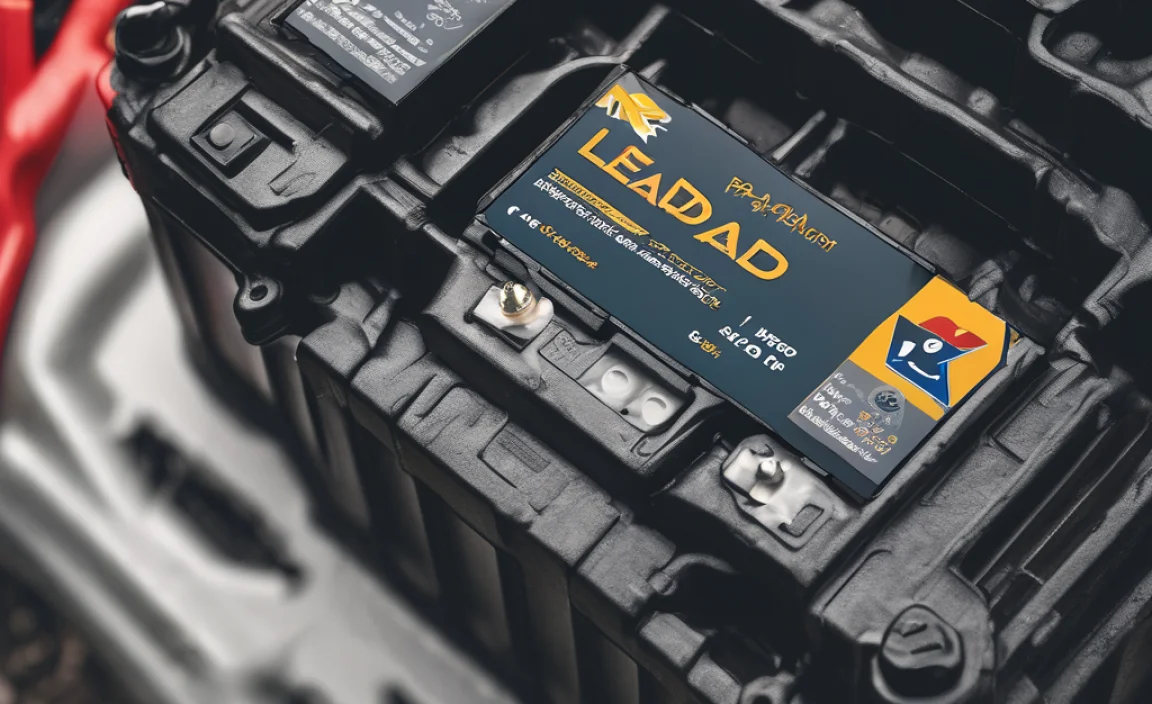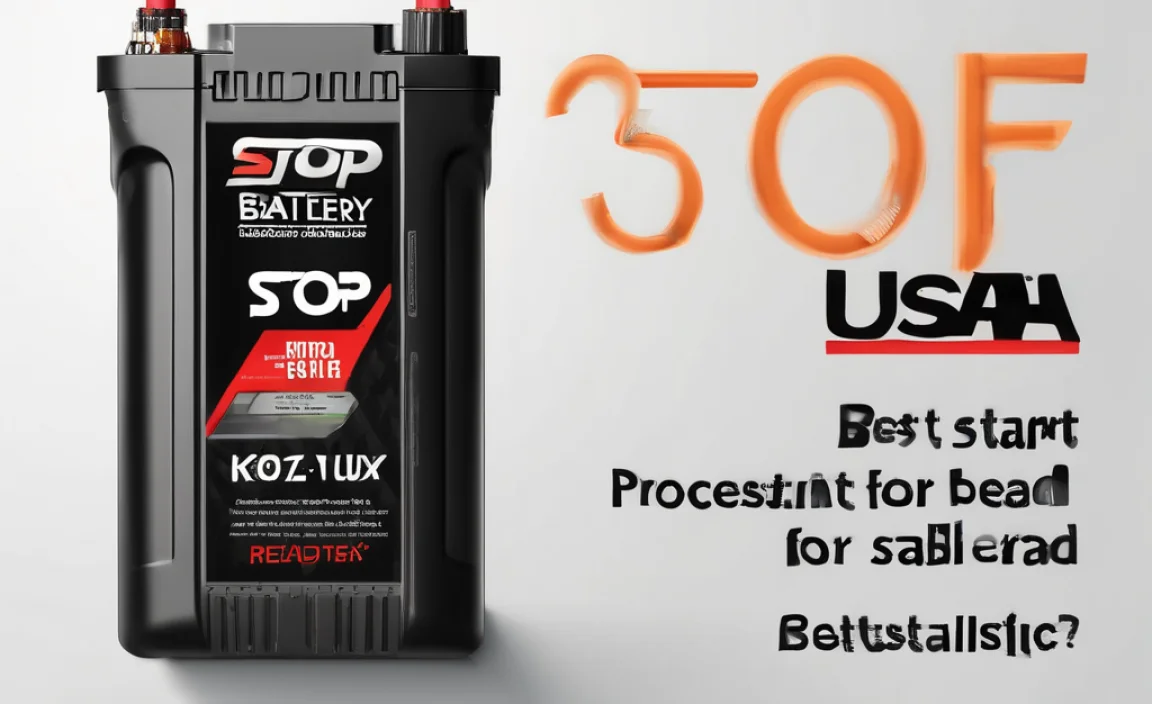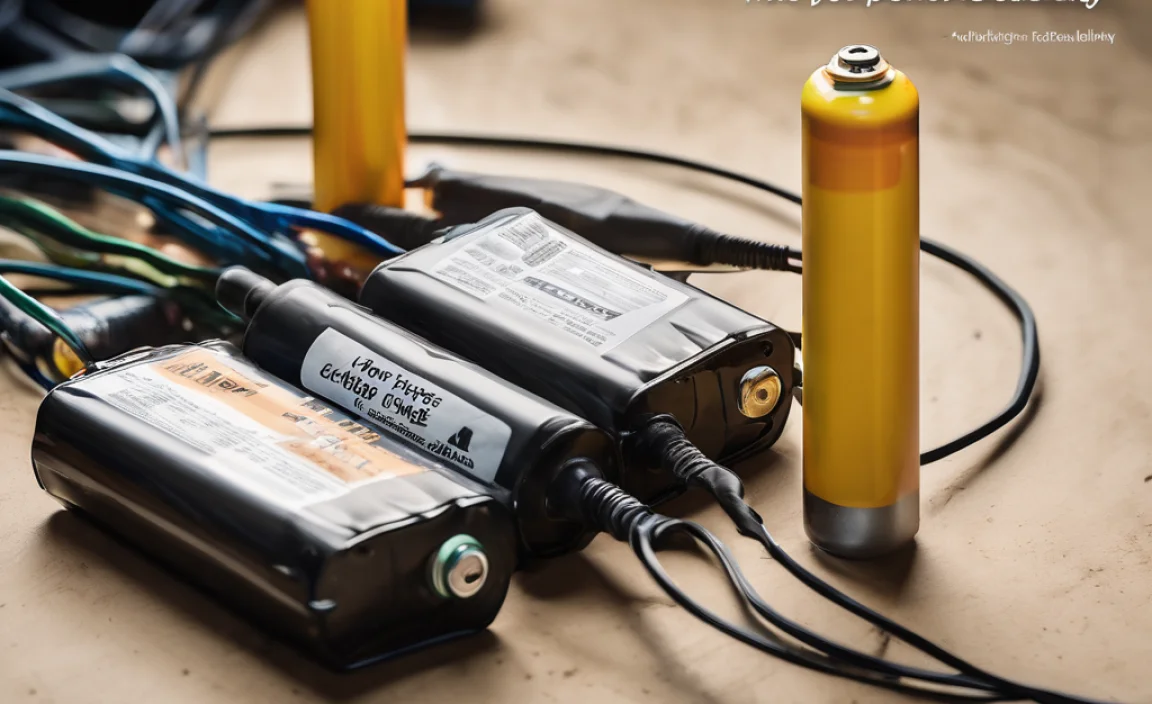Tesla Adapter for Rivian: Navigating the Charging Landscape
The automotive world is rapidly evolving, and with it comes a burgeoning need for seamless integration and charging solutions. For owners of electric vehicles (EVs) like Rivian, the question of accessing different charging networks often arises. This is where the concept of a Tesla adapter for Rivian becomes a topic of significant interest, potentially unlocking a broader spectrum of charging opportunities. While Rivian vehicles are designed to utilize the CCS (Combined Charging System) standard, and Tesla vehicles employ their proprietary Supercharger connector, the advent of adapters bridges this gap, offering a convenient and often essential way to diversify charging options. Understanding the nuances of these adapters is crucial for any EV owner seeking maximum flexibility on the road.
The Growing Need for Versatile Charging
As electric vehicle adoption accelerates, so does the complexity of the charging infrastructure. While many charging networks exist, the prominence and widespread availability of Tesla’s Supercharger network remain undeniable. For Rivian owners, particularly those venturing on longer journeys or in areas with a less diverse charging landscape, the inability to tap into Tesla’s vast network can be a point of frustration. This is precisely why a Tesla adapter for Rivian has emerged as a sought-after accessory. It’s not just about having another charging option; it’s about ensuring peace of mind and eliminating “range anxiety” by leveraging one of the most robust charging infrastructures currently available. The ability to readily find a compatible charger, regardless of the brand, significantly enhances the overall EV ownership experience.
How Tesla Adapters Work for Rivian Vehicles
The fundamental principle behind a Tesla adapter for Rivian is straightforward: it acts as a translator between two different charging connectors. Tesla’s Supercharger network uses a proprietary connector, sometimes referred to as the NACS (North American Charging Standard) connector, though it predates the official NACS standardization. Rivian vehicles, like many other non-Tesla EVs, are equipped with a CCS port. The adapter essentially converts the Tesla connector’s pin configuration and communication protocols to those understood by the CCS port on your Rivian.
These adapters typically feature a Tesla NACS male end that plugs into the Supercharger outlet and a CCS female end that connects to your Rivian’s charging port. The adapter manages the electrical flow and the communication handshake between the charging station and the vehicle, ensuring a safe and efficient charging session. It’s important to note that the compatibility and functionality can vary between different adapter models and specific charging station implementations. Some adapters require the charging station to be in “legacy” or “CCS” mode, while others are more advanced and can communicate more natively.
Critical Considerations When Choosing a Tesla Adapter for Rivian
When embarking on the search for the best Tesla adapter for Rivian, several key factors demand careful attention to ensure optimal performance, safety, and compatibility.
Charging Speed and Power Delivery: Not all adapters are created equal when it comes to delivering charging speeds. While Tesla Superchargers are known for their high kilowatt (kW) output, the adapter itself can sometimes be a bottleneck. Look for adapters that are rated to handle the maximum charging speeds your Rivian can accept via CCS. This ensures that you’re not unnecessarily limiting your charging rate. Some adapters might be limited to lower AC charging speeds, while others are designed to handle DC fast charging from Superchargers.
Build Quality and Durability: This is an accessory that will be exposed to various weather conditions and frequent use. Opt for adapters constructed from high-quality, robust materials. A well-built adapter will have secure connections, a durable outer casing, and reliable internal components to withstand the rigors of regular charging. Poorly made adapters can be a safety hazard and may fail prematurely.
Safety Certifications and Standards: Safety is paramount when dealing with high-voltage electrical systems. Ensure that any adapter you consider has undergone rigorous testing and meets relevant safety certifications (such as UL, CE, or others specific to your region). Reputable manufacturers will clearly display these certifications.
Ease of Use and Portability: The adapter should be straightforward to connect and disconnect. Consider its size and weight, especially if you plan to carry it around regularly. Some adapters come with protective covers or carrying cases, which are valuable additions for keeping them clean and undamaged.
Compatibility Updates and Manufacturer Support: The EV charging landscape is constantly evolving. Some adapter manufacturers provide firmware updates to enhance compatibility with new Tesla charger software or to improve charging performance. Check for a reputable manufacturer with good customer support in case you encounter any issues or have questions.
Locking Mechanism: To prevent accidental disconnection during a charging session, many adapters incorporate a locking mechanism. This is an important safety feature and provides added security.
The Future of Charging and Tesla Adapters
The dynamic nature of the electric vehicle industry means that the role of adapters is also subject to change. As more automakers, including Tesla, move towards adopting the official NACS standard for their future vehicles, the need for adapters might diminish for some. However, for existing vehicles with CCS ports, like current Rivians, and for continuing access to legacy Tesla Supercharger stations until broader CCS adoption on Tesla’s side becomes more prevalent, a Tesla adapter for Rivian will remain a vital piece of equipment for many. Furthermore, the ability to utilize the extensive Tesla charging network provides remarkable flexibility and can be a deciding factor for long-distance travel, making these adapters a valuable investment for the foreseeable future. For any Rivian owner looking to maximize their charging options and confidently embark on any journey, understanding and potentially acquiring a reliable Tesla adapter is a smart move.



